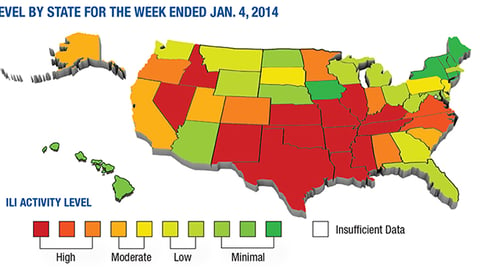-
Report: Hospitals show renewed interest in on-campus retail pharmacies
NEW YORK — A desire to provide an integrated continuum of care that leads to improved outcomes and patient satisfaction has placed a renewed focus on U.S. hospitals offering on-campus retail pharmacies, according to a report by HealthLeaders Media.
-
Actavis realigns corporate structure
DUBLIN — Actavis on Friday announced a realignment of its global strategic business structure to maximize the company's newly strengthened position as a leading specialty pharmaceutical developer, manufacturer and marketer, and to enhance Actavis' position for continued long-term growth.

